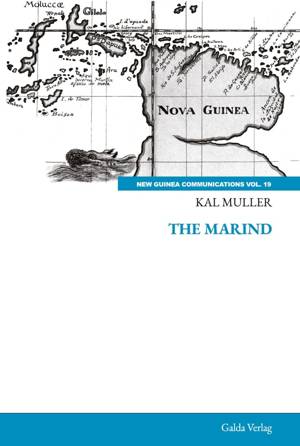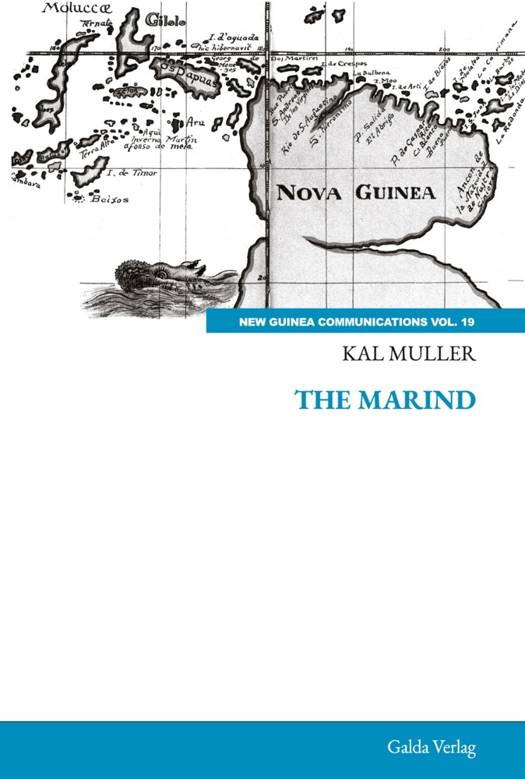
- Retrait gratuit dans votre magasin Club
- 7.000.000 titres dans notre catalogue
- Payer en toute sécurité
- Toujours un magasin près de chez vous
- Retrait gratuit dans votre magasin Club
- 7.000.0000 titres dans notre catalogue
- Payer en toute sécurité
- Toujours un magasin près de chez vous
Description
The Marind ethno-linguistic culture stands out in several respects. It became infamous towards the end of the 19th century for well-organized head-hunting raids from its home territory in Dutch New Guinea to areas around the distant Fly River. This means that the Marind were cutting off British-administered heads. Complaints to the Dutch authorities resulted in establishing a Dutch military post at Merauke that stopped the raids into British territory, and eventually closer to home. Yet, secret, small-scale head hunting continued into the 1950s. Roman Catholic missionaries of the fraternity of the Sacred Heart arrived to attempt to evangelize the Marind. Not successful, especially initially, the proselytizers began studying the complex Marind language and writing Dutch-Marind dictionaries and eventually a grammar. While the priests were interested in the Marind culture, it took a trained Swiss anthropologist, Paul Wirz, to study the culture in depth during his 1916 to 1919 field work when he immersed himself totally in the Marind Society and took a series of excellent photographs some of which illustrate this book. While the missionaries published their reports of the Marind in Dutch, Wirz printed all his research only in German. It took a Dutch scholar and administrator, Jan van Baal, to compile all the available information on the Marind in a huge book called Dema, in the English language. Most of this current book on the Marind is based on Van Baal great work, published in 1960. We have added a few other publications for a better sense of perspective. These include some essential history of Dutch New Guinea, a text on the history of the Roman Cathodic Church among the Marind, a study of a pandemic that devastated the Marind and some information on the most recent travails of this culture.
Spécifications
Parties prenantes
- Auteur(s) :
- Editeur:
Contenu
- Nombre de pages :
- 276
- Langue:
- Anglais
- Collection :
Caractéristiques
- EAN:
- 9783962034184
- Date de parution :
- 02-03-25
- Format:
- Livre broché
- Format numérique:
- Trade paperback (VS)
- Dimensions :
- 156 mm x 234 mm
- Poids :
- 390 g

Les avis
Nous publions uniquement les avis qui respectent les conditions requises. Consultez nos conditions pour les avis.






